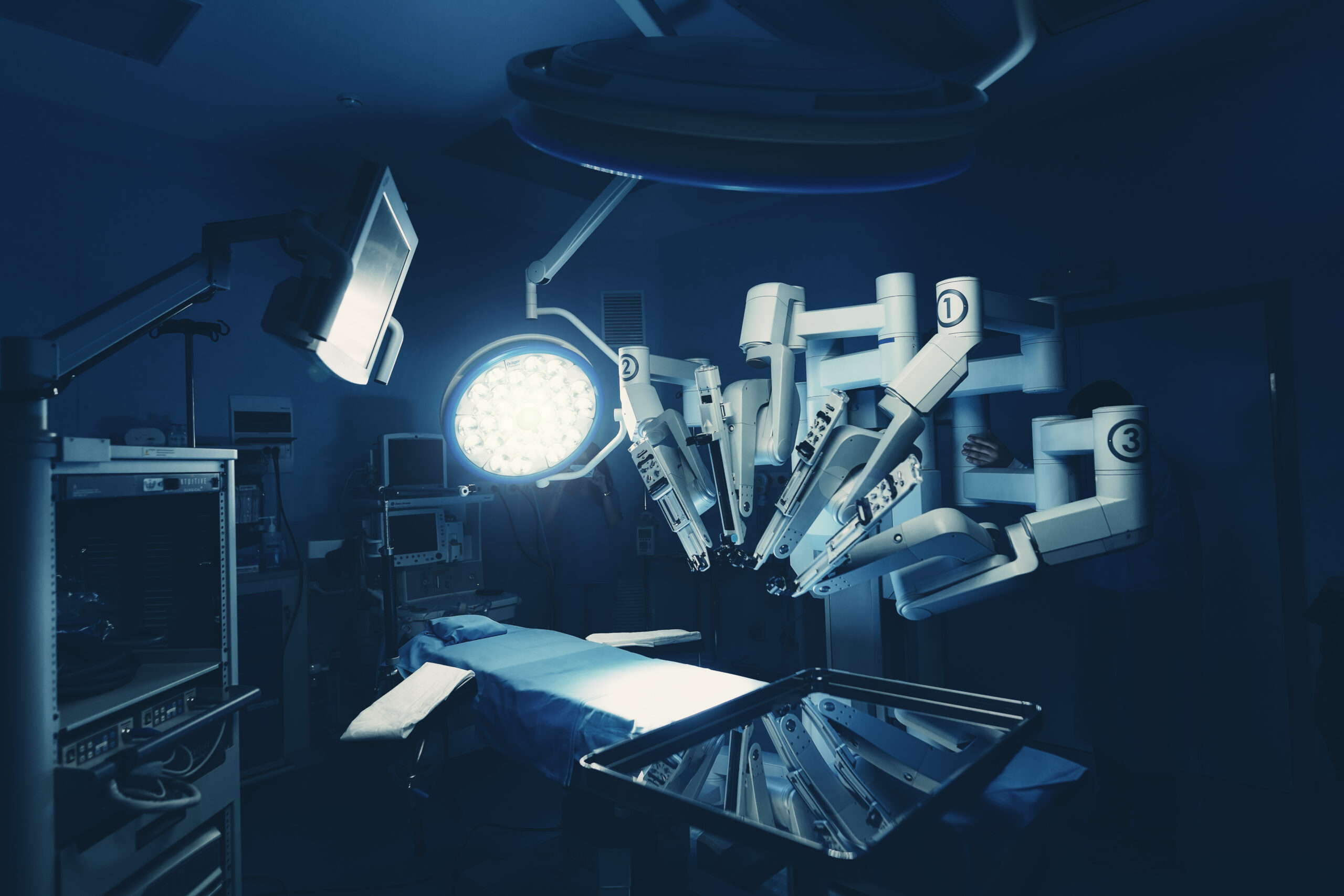Editor's Note A flexible, sensor-laden “smart” bandage that uses AI to predict infection before it impacts wound healing has worked in mice and is now being trialed for humans through research in progress led by a physician scientist in the department of surgery at the University of Arizona College of…
Editor's Note ASC growth continues to evolve, and over the next decade technology will significantly enable this continued growth, according to experts interviewed in a November 13 news story in Ambulatory Surgery Center News. Specifically, they noted a focus on robotics and AI to support a smooth transition for more…
Editor's Note As AI rapidly becomes adopted into healthcare systems, C-suite leaders are front and center to bring technologies into practice. But are they feeling prepared? Not necessarily, according to an HFMA survey report published November 12. The survey findings showed leaders’ AI skills are emerging, especially surrounding AI competency.…
Editor's Note As hospital systems seeing a significant jump in outpatient care, they are also seeing a rise in patient acuity across inpatient care. This increased patient acuity for inpatient care is driving changes to care models across both settings, an October 27 article in Becker’s Clinical Leadership reports. Clinical…
Editor's Note A balanced approach to leveraging AI in surgical decision making should be taken to weigh the benefits of increased efficiency and potential accuracy of using AI against the principles of medical ethics such as patient autonomy, beneficence, nonmaleficence, and justice, authors recently advised in the November issue of…

Editor's Note Healthcare systems are finding that ambient AI built for doctors does not automatically translate to nursing care, HealthLeaders November 4 reports. However, Mercy for instance is piloting Microsoft’s Dragon Copilot AI for nursing and discovering that the nurse-patient encounter requires tailored design and training to capture accurate, useful…

Pinpoint accuracy in surgical technique has advanced beyond what many ever thought possible. Unfortunately, such refinements have been slower to reach the perioperative business front. OR leaders often rely on vague metrics and educated guesses to guide their teams. Ambient artificial intelligence (AI) is changing that. When integrated with data…

Editor’s Note Healthcare cannot afford to “rewind,” said Dan Weberg, PhD, MHI, RN, FAAN, executive director of nursing workforce development and innovation at Kaiser Permanente, during his opening keynote on leading and embracing innovation in healthcare. According to Dr Weberg, healthcare’s “blockbuster moment” has arrived, and leaders must choose to…

Takeaways • Determining the return on investment (ROI) for a robot-assisted surgery (RAS) program should include anticipated surgeon volume and past cases where RAS could have been used. • Some organizations dedicate staff to RAS cases, while others orient all to these procedures. • Offering ROI after hours require careful…

Current literature shows artificial intelligence (AI) is no longer a distant concept in surgical care. Innovative medtech has entered clinical practice with measurable impact, although the field remains in early stages of implementation—promising in scope, but still facing challenges with data quality, reproducibility, and integration. For instance, a 2024 systematic…